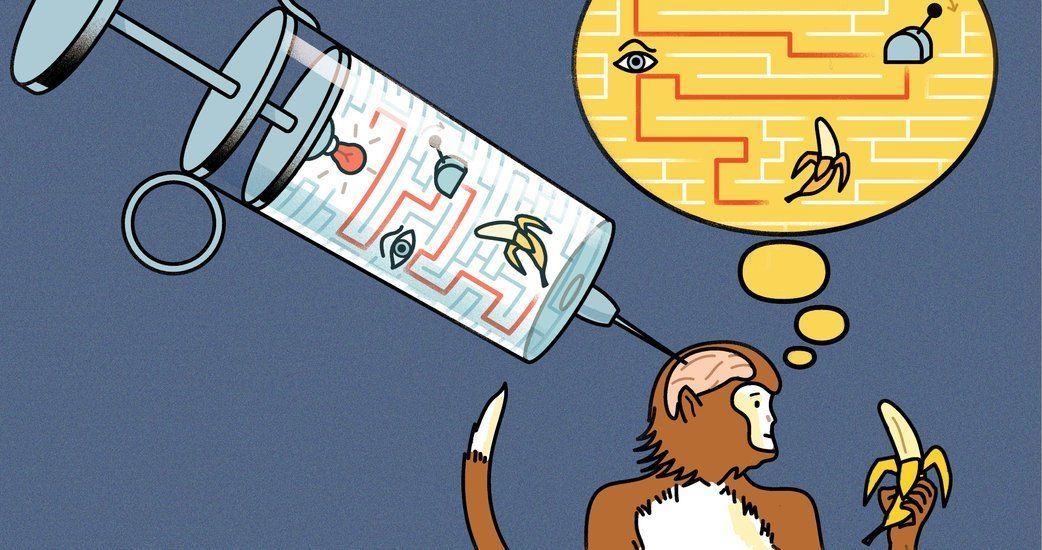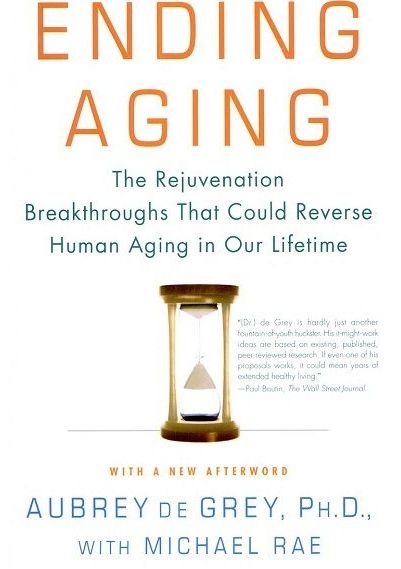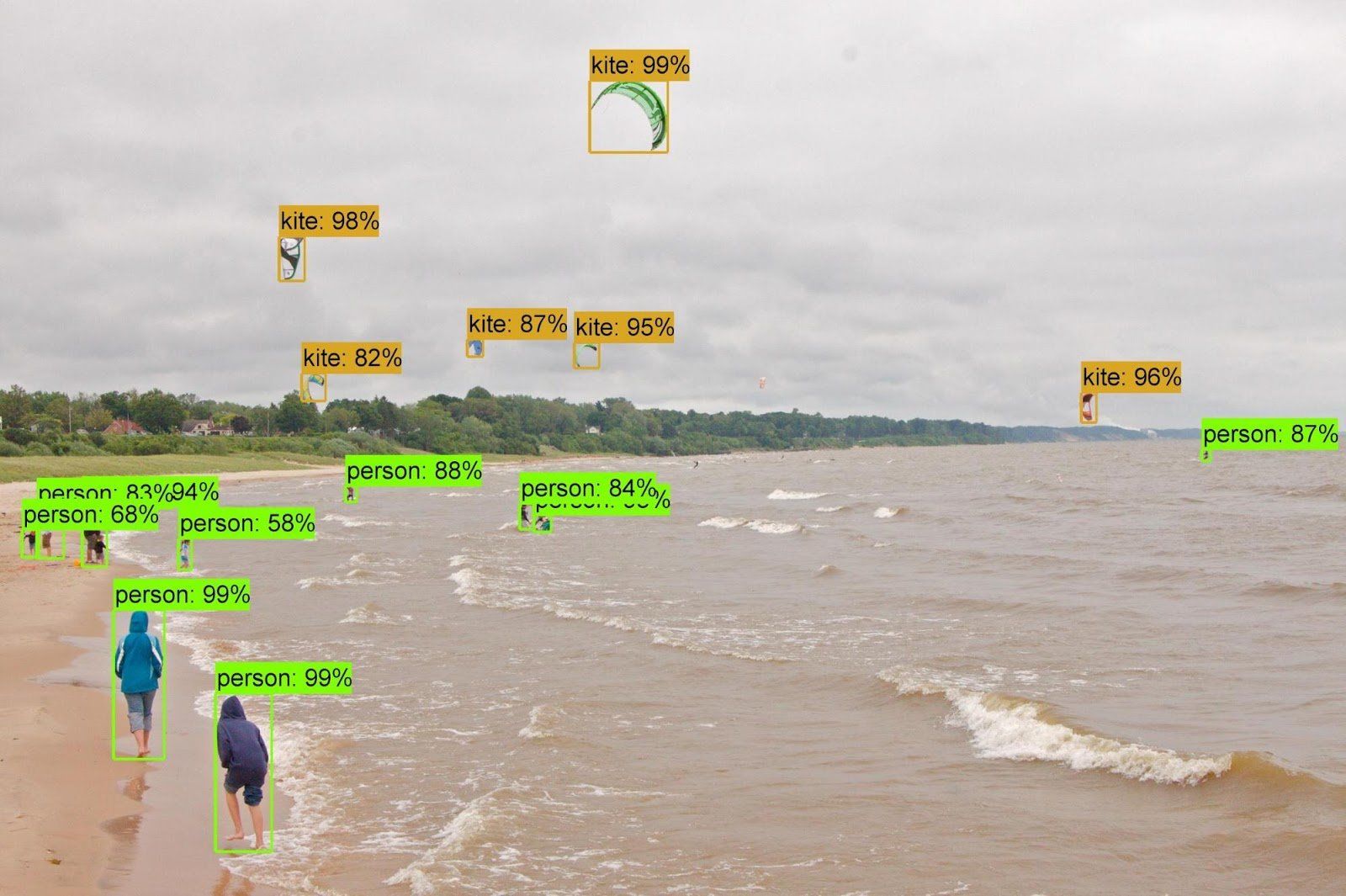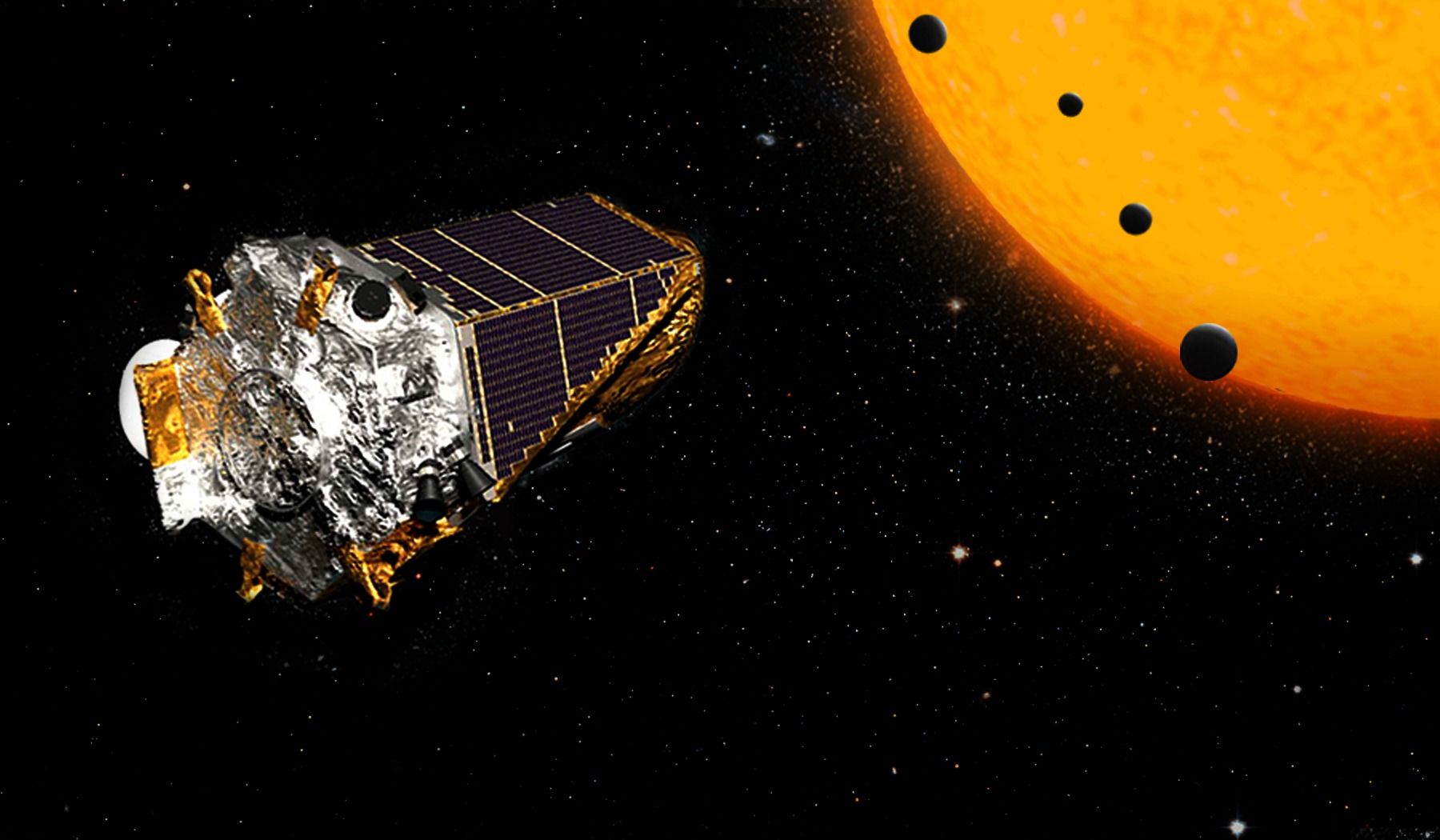Page 10002
Dec 11, 2017
Bitcoin Fair Value Calculation
Posted by Philip Raymond in categories: bitcoin, cryptocurrencies, economics, finance, government
In an April 2014 article, I demonstrated how one might approach a fair Bitcoin valuation.
- Original Methodology: What fraction of the daily float
needed to support daily global commerce will Bitcoin capture?
My methodology was based on the demand that Bitcoin would generate if it displaced a small fraction of cash and credit used for retail and commercial payments around the world. At the time, Bitcoin had a value of USD $450. I estimated that if it captured 5% of global payments, it would have a fair value of about $10,000/BTC (I didn’t complete the calculation—I left that up to the reader. That’s because I was concerned that publishing such a prediction would cause me to lose credibility as an economist and blogger. For what it is worth, I also predicted that a rise to $10,000 would take 5~8 years.

As you might imagine, my friends and family urged me to unload my BTC investment. The April 2014 price of $450/BTC seemed very high to most armchair analysts. After all, thirteen months earlier, it had been just $45.
Dec 11, 2017
The human race has peaked and will now get worse, scientists confirm
Posted by Aleksandar Vukovic in category: futurism
Humanity has reached its peak and is now probably in its downfall, according to major new research.
People have long thought of human development as one long process of improvement, going on forever. But we are now running up against the limits of how good we can be, say scientists – and most likely we’ll now just begin to fall again.
The major research review looked at 120 years of data and found that there appears to be limits on our characteristics, like when we die, how tall we can be and how strong we are. We are pushing up against those limits now, the research suggests.
Continue reading “The human race has peaked and will now get worse, scientists confirm” »
Dec 11, 2017
The alien-hunting Kepler telescope has discovered something big
Posted by Sean Brazell in categories: alien life, robotics/AI
Dec 11, 2017
Ray Kurzweil: Our Health Is About to Be Radically Transformed
Posted by Shailesh Prasad in categories: biotech/medical, life extension, Ray Kurzweil
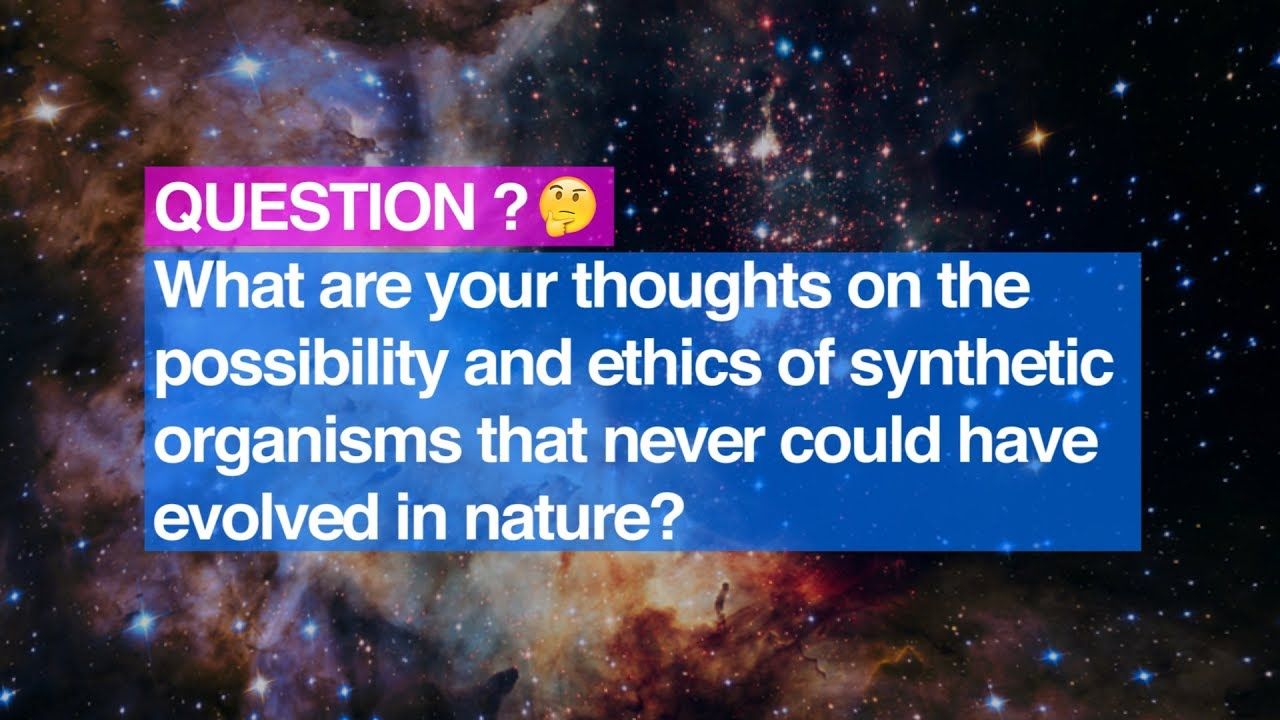
Ray Kurzweil discusses how biotechnology is rapidly and radically changing our lives, which will improve our health and longevity.
Dec 11, 2017
Asteroid mining: Not WHEN… IF
Posted by Klaus Baldauf in categories: engineering, space
Thanks to 21st century science and engineering, by the time we’re ready to visit the asteroid belt to mine minerals… we may not need to.
Dec 11, 2017
Scientists Have Created Plastic Objects That Can Connect to Wi-Fi Without Any Electronics
Posted by Shane Hinshaw in categories: 3D printing, energy, internet
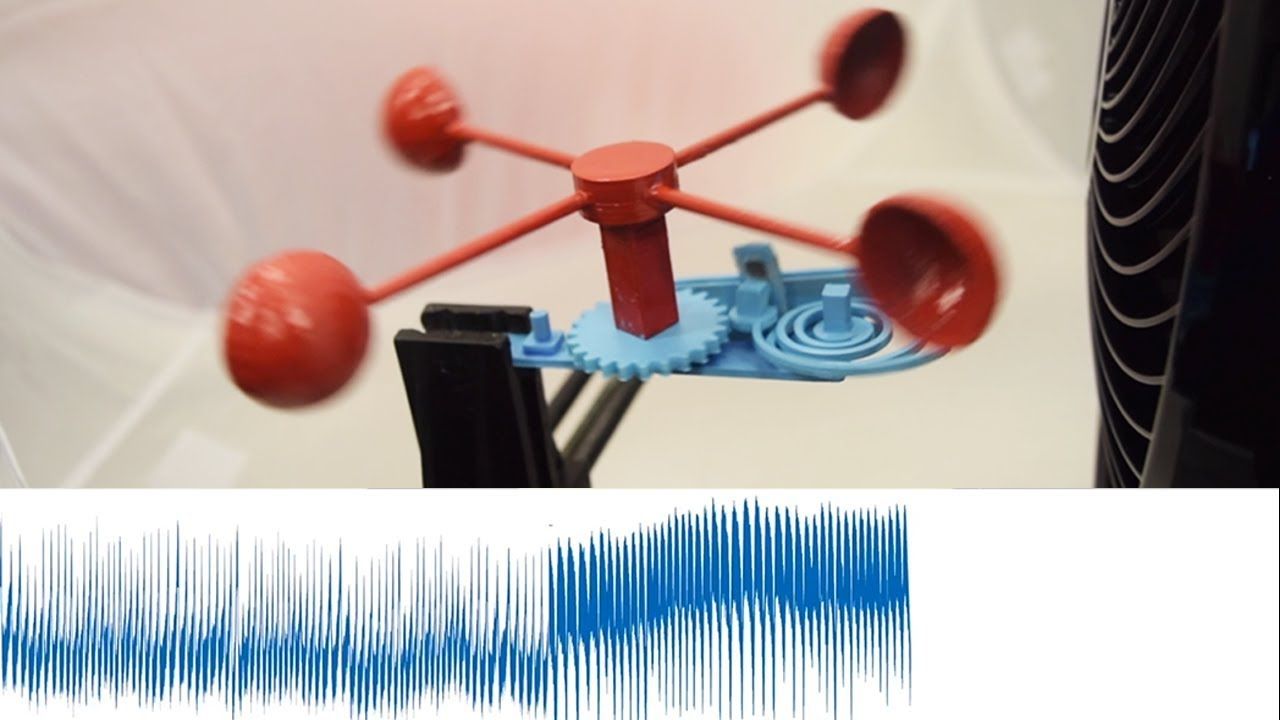
Scientists have developed new 3D-printed plastic objects that can hook up to Wi-Fi without the aid of any electronics or batteries, meaning household devices could get a lot smarter in the future without the need for any circuitry.
If that’s not blowing your mind just yet, think about this: the tech could be used to make a laundry bottle that orders a refill online as soon as it runs out, or a simple volume slider that connects to your speakers without any cabling or even a power source.
(Tech Xplore)—Researchers exploring AI systems are making news and familiarizing the public with terms like reinforcement learning and machine learning. Recent headlines are still making some heads turn in surprise. AI software is “learning” how to replicate itself and to build its own AI child.
As such, Google’s AI created its child AI using reinforcement learning, entirely automated.
Meet ‘NASNet.’ Google researchers refer to it as a novel architecture.
Dec 11, 2017
NASA Hosts Media Teleconference to Announce Latest Kepler Discovery
Posted by Klaus Baldauf in categories: robotics/AI, space
NASA will host a media teleconference at 1 p.m. EST Thursday, Dec. 14, to announce the latest discovery made by its planet-hunting Kepler space telescope. The discovery was made by researchers using machine learning from Google. Machine learning is an approach to artificial intelligence, and demonstrates new ways of analyzing Kepler data.
The briefing participants are:
